Python is renowned for its versatility, simplicity, and massive range of Python packages. Whether you’re a beginner or an experienced developer, leveraging Python packages can help you accomplish almost anything—without reinventing the wheel. In this post, we’ll explore 23 game-changing Python packages that can elevate your skills and boost your productivity.
Why Use Python Packages?
Python’s true power lies in its robust package ecosystem. From simplifying complex tasks to automating repetitive work, these Python packages save you hours of coding and debugging. Whether you’re working in web development, machine learning, data science, or game development, these packages are essential to enhance your projects.
1. NumPy: The Foundation of Scientific Computing

NumPy
At the core of most Python-based data science and scientific computing projects is NumPy, one of the most popular Python packages. This library excels at handling numerical operations, large multi-dimensional arrays, and matrices. With over 500 built-in functions, NumPy is essential for scientific computing and forms the backbone of many other popular Python packages like Pandas, Scipy, and Matplotlib.
2. Pandas: Data Manipulation Made Easy
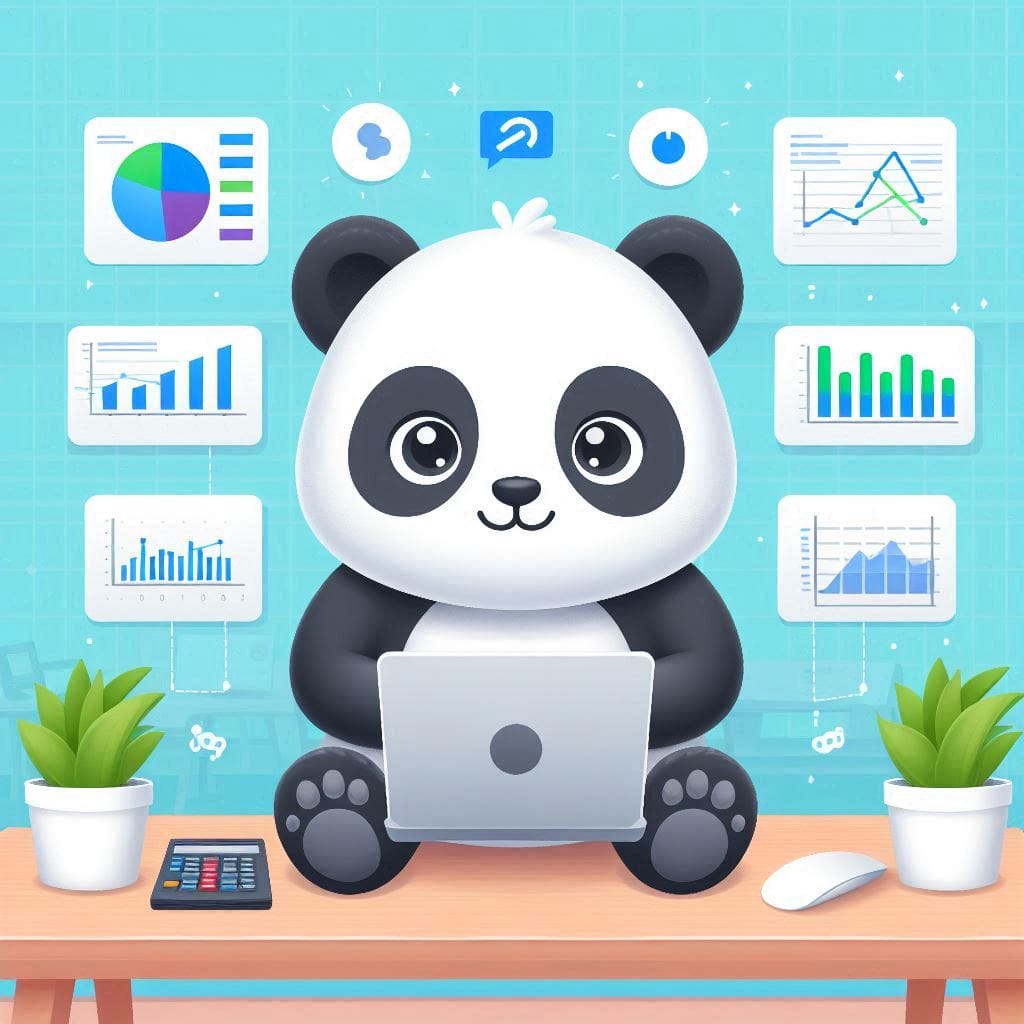
Pandas
Data analysis without Pandas is like coding without a compiler. Pandas is essential for data manipulation and is one of the most frequently used Python packages by data scientists. Its intuitive syntax and powerful data transformation capabilities make it a favorite among Python developers.
3. Matplotlib: Your Visualization Partner
Data visualization is a crucial part of data analysis, and Matplotlib is the cornerstone library. It allows you to create a wide range of plots, from basic line graphs to intricate 3D visualizations. If you need a quick visual to understand your data, Matplotlib has you covered.
4. Seaborn: Advanced Visualization Simplified
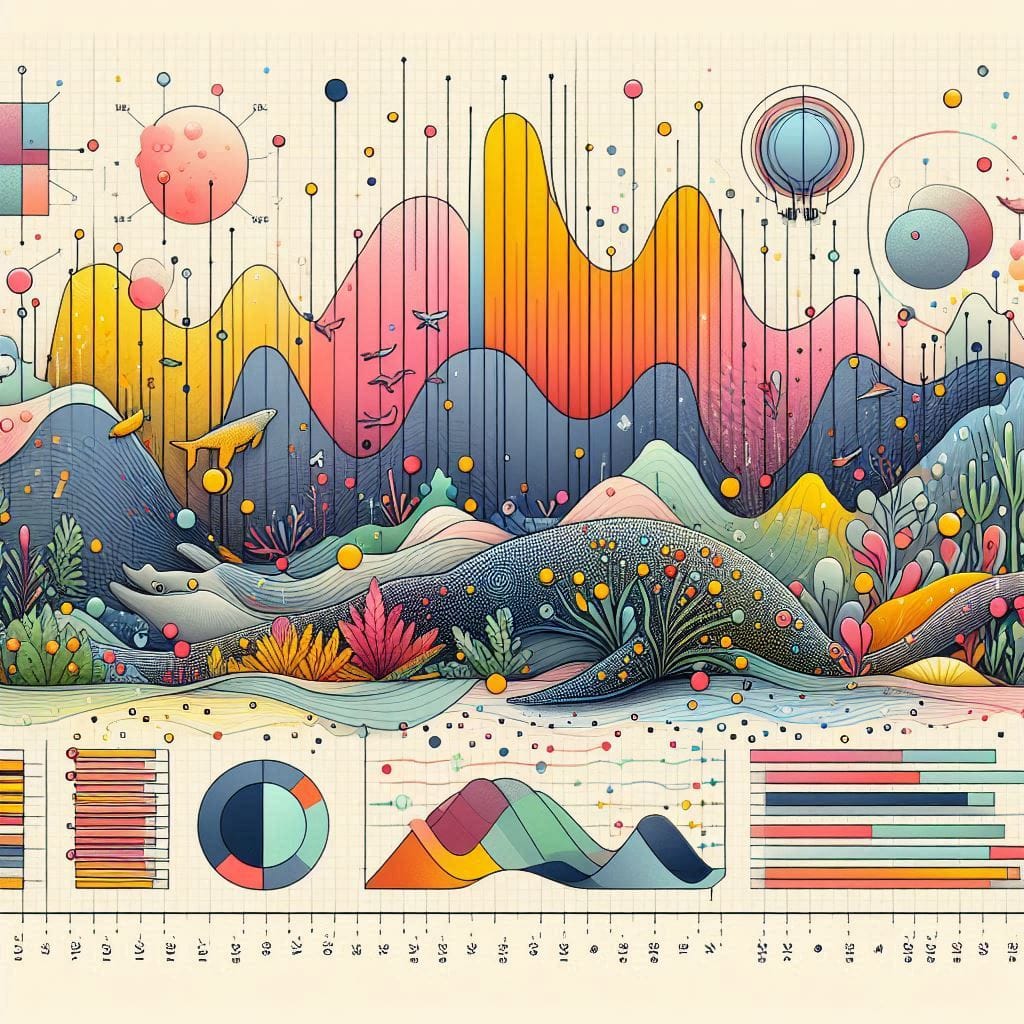
Seaborn
While Matplotlib is great, Seaborn elevates your visualizations by making them more aesthetic and informative. Built on top of Matplotlib, Seaborn helps you create beautiful statistical plots with a single line of code, making it ideal for data exploration.
5. Scikit-learn: Machine Learning Made Simple
If you’re venturing into machine learning, you can’t miss out on Scikit-learn. This package is a one-stop solution for all things machine learning: classification, regression, clustering, dimensionality reduction, and more. It’s known for its simplicity and comprehensive documentation.
6. TensorFlow: Deep Learning at Scale
When it comes to deep learning, TensorFlow is the most widely used library. Developed by Google, TensorFlow provides everything you need to build and deploy machine learning models. It’s designed for both beginners and experts and offers high scalability for real-world applications.
7. Keras: Accessible Deep Learning
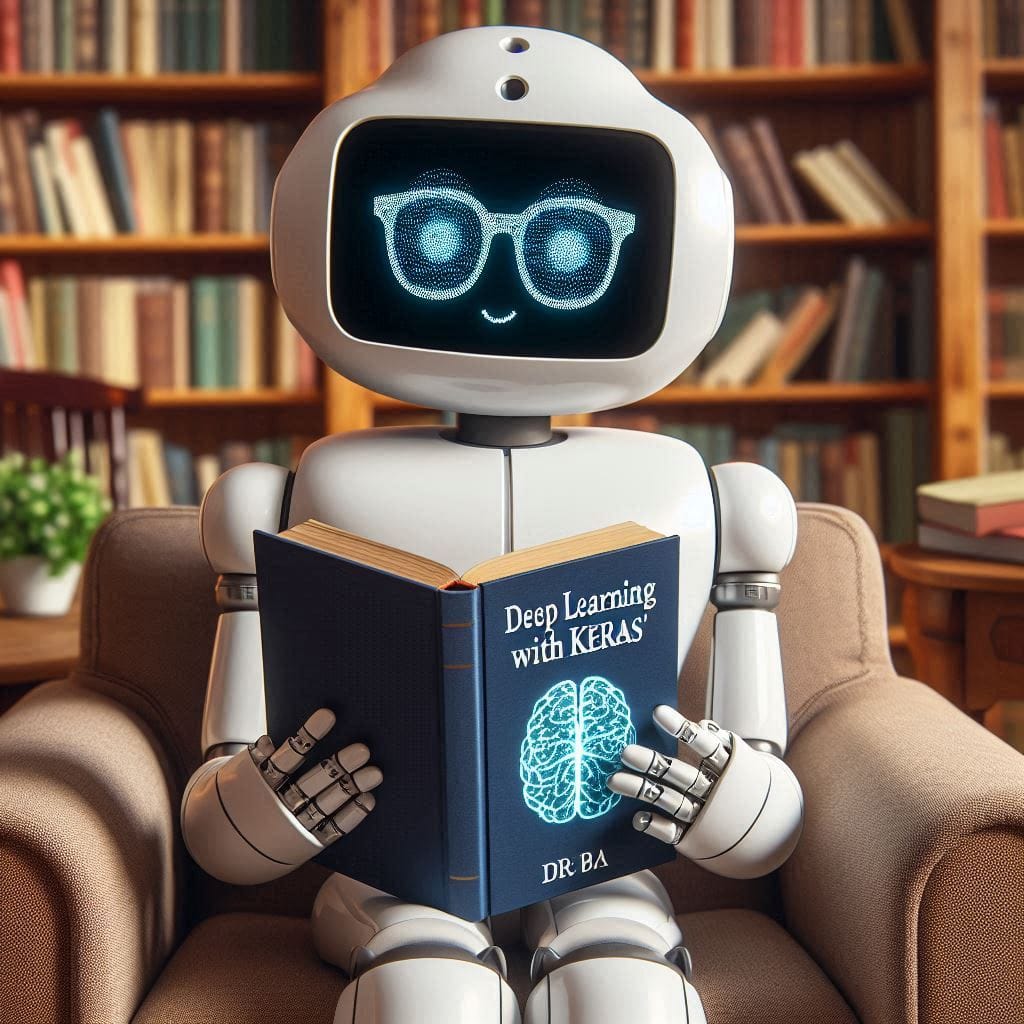
Keras
Although TensorFlow is powerful, it can be complex to get started. Enter Keras: a high-level neural networks API that makes building deep learning models easier. It’s perfect for beginners who want to get into AI quickly without getting bogged down in complex syntax.
8. Flask: Lightweight Web Development
For developers wanting to create lightweight web applications, Flask is a minimalist and easy-to-learn framework. Flask is perfect for small to medium-sized projects where flexibility is key. With its simple setup, you can get a web app running in minutes.
9. Django: Comprehensive Web Development
If you’re looking for an all-in-one framework for your web projects, Django is the way to go. Django offers a wide range of features out of the box, including an ORM (Object-Relational Mapping), authentication, admin interfaces, and much more. It’s the go-to choice for large-scale web applications.
10. Requests: Simplifying HTTP Requests
Requests is hands down the best library for handling HTTP requests. Whether you’re pulling data from APIs or connecting to web services, Requests make it extremely easy. Its syntax is so simple that it reads like an English sentence.
11. BeautifulSoup: Web Scraping with Ease
If you need to scrape web data, look no further than BeautifulSoup. It is perfect for extracting data from HTML and XML files, enabling you to automate gathering information from various web sources efficiently.
12. Selenium: Automating Web Interactions
For automated testing and interacting with web pages, Selenium offers unparalleled control. It lets you programmatically open web pages, fill out forms, click buttons, and more. Selenium is a great choice for web scraping and UI testing alike.
13. PyTest: Testing Made Easy
Good developers write tests. PyTest is a powerful yet simple-to-use testing framework. With its support for fixtures, parameterized testing, and parallel testing, PyTest makes code testing painless and effective.
14. SQLAlchemy: Database Management Simplified
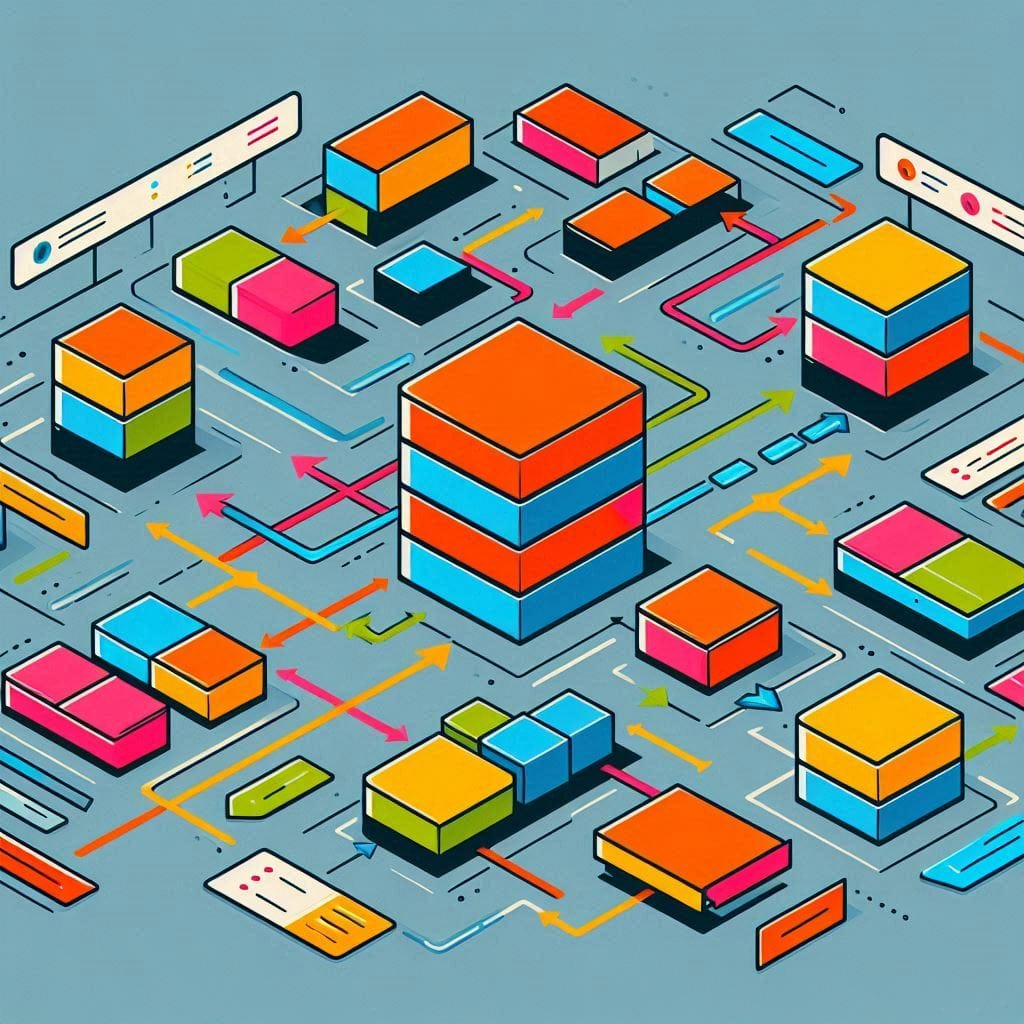
SQLAlchemy
SQLAlchemy is the most versatile ORM library in Python. It provides an intuitive way to interact with relational databases using SQL. SQLAlchemy is highly flexible, supporting many database backends, making it perfect for enterprise-level projects.
15. FastAPI: Build APIs Faster
If you’re into building RESTful APIs, FastAPI is a modern and blazing-fast framework. It’s designed to help you build APIs quickly, and it automatically generates interactive documentation, making it a fantastic choice for developers.
16. PyTorch: Flexibility in Deep Learning
For developers diving into deep learning, PyTorch is a strong contender against TensorFlow. It’s known for its dynamic computation graph, which makes model building and debugging much easier. PyTorch has become a favorite among researchers and developers alike.
17. Pygame: Simple Game Development
If you’re interested in building simple 2D games, Pygame is the package to explore. It offers modules for graphics, sounds, and keyboard events, making it a great way to get started with game development.
18. OpenCV: Computer Vision Excellence
OpenCV (Open Source Computer Vision Library) is an essential package for any computer vision project. It offers over 2,500 algorithms to perform image processing, facial recognition, object detection, and much more.
19. NLTK: Text Processing Made Easy
Natural Language Processing (NLP) is one of the most exciting fields in AI, and NLTK (Natural Language Toolkit) is the most comprehensive library for it. NLTK offers all the essential tools for text processing, classification, tokenization, parsing, and more.
20. SpaCy: Industrial-Strength NLP
While NLTK is comprehensive, SpaCy is designed for high-performance NLP tasks in production. It’s optimized for speed and has built-in support for various linguistic tasks like Named Entity Recognition (NER) and Dependency Parsing.
21. Bokeh: Interactive Data Visualizations
For creating interactive visualizations and dashboards, Bokeh is the go-to package. It allows you to build visuals that are both informative and engaging, supporting complex plots with minimal code.
22. Pydantic: Data Validation Made Simple
Data validation is crucial for robust applications, and Pydantic is here to help. It simplifies parsing and validation, especially for JSON data. Pydantic works seamlessly with FastAPI, making it perfect for creating reliable APIs.
23. Streamlit: Data Apps in Minutes
Building data apps doesn’t have to be hard. Streamlit is an incredibly user-friendly package that enables you to create interactive data-driven web applications with just a few lines of code. Perfect for data scientists and analysts who want to showcase their work.
Conclusion: Unleash the Full Power of Python
These 23 Python packages can unlock new capabilities and boost your productivity. Whether you’re into machine learning, web development, data visualization, or automation, incorporating these Python packages into your workflow can help you achieve more in less time.
It’s crucial to stay updated with the latest Python packages and learn to use them effectively. By mastering these libraries, you can focus on what matters—solving real-world problems and building impactful solutions.
Bonus Tip: Start Small, Go Deep
The world of Python packages can be overwhelming. Start by choosing the packages that align with your current projects or interests. Go deep into understanding them, practice with small projects, and gradually expand your skillset.
So, what are you waiting for? Dive into these game-changing Python packages and start transforming your projects today!


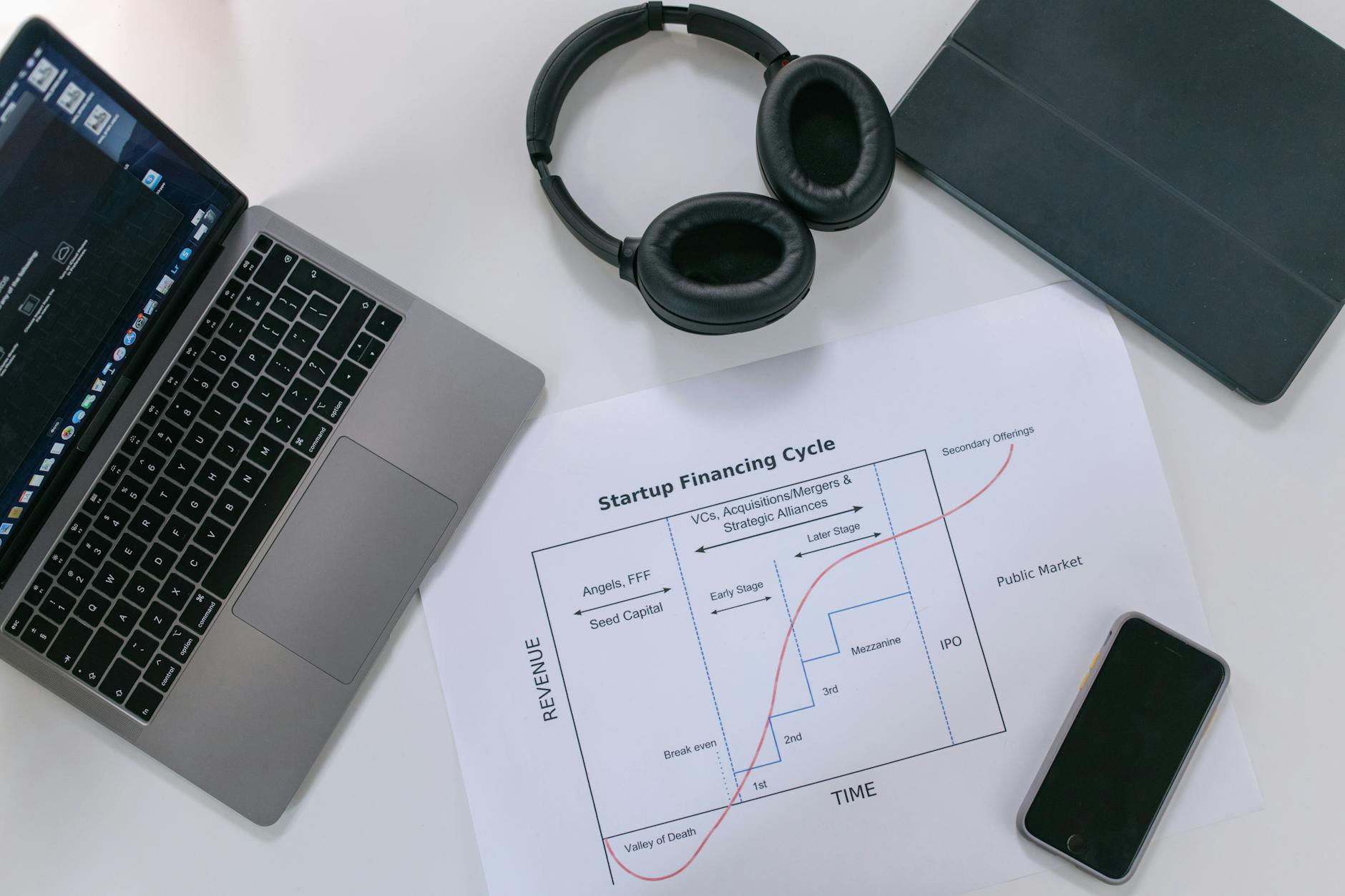
I don’t think the title of your article matches the content lol. Just kidding, mainly because I had some doubts after reading the article.